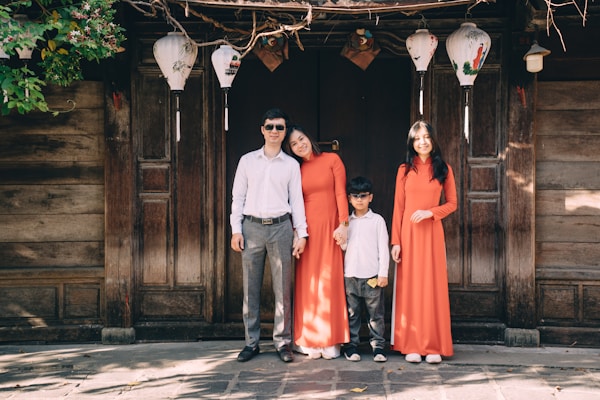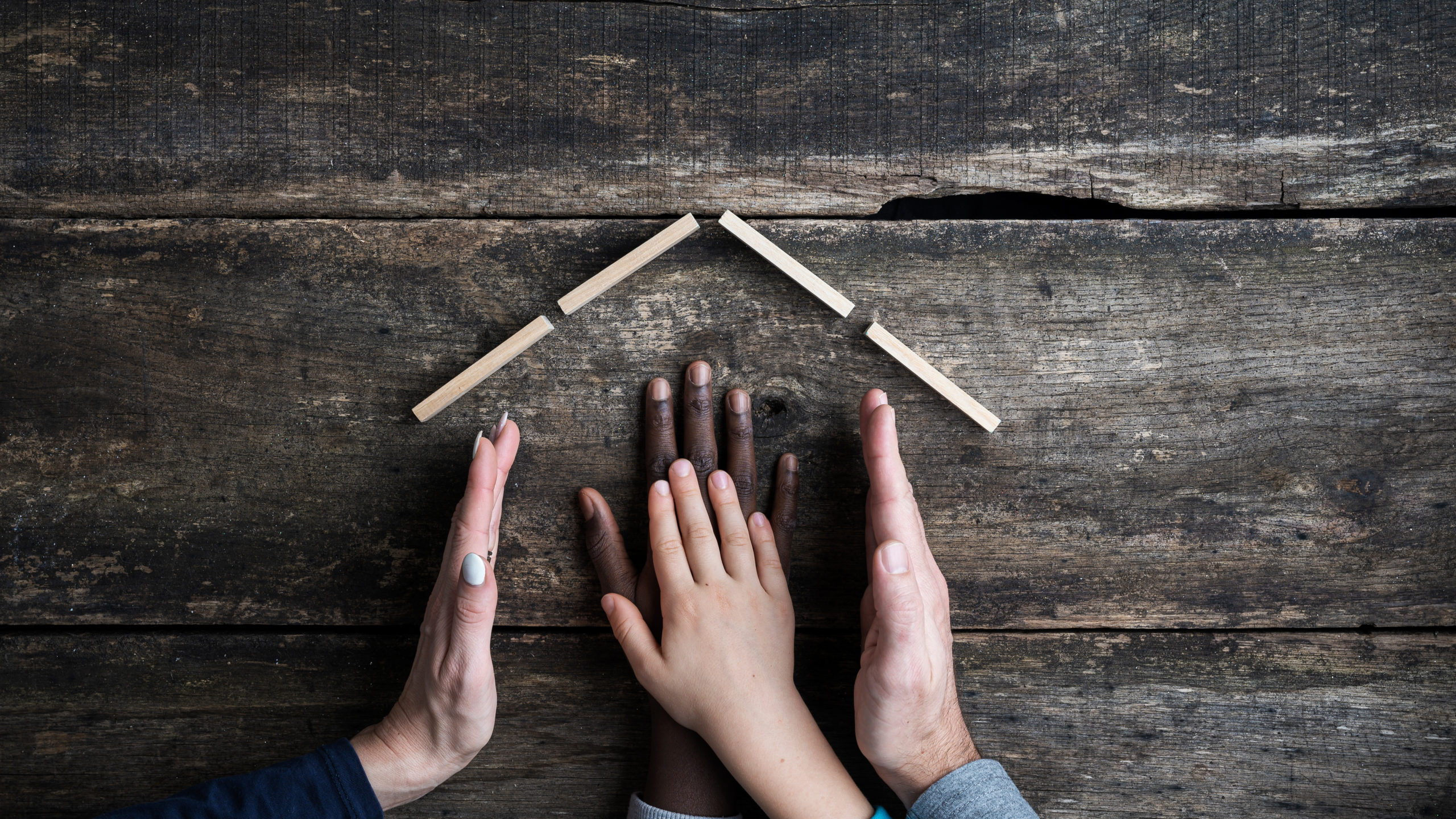Being adopted is a unique experience that can mean different things to different people. If you’re adopted, you may feel like you’re searching for a piece of yourself that you can’t quite find. It’s normal to feel that way, but know that you are never alone in this journey. There are other adoptees out there who understand what you’re going through. One question many adoptees wonder about is if they should try to find their biological families or not. There’s no one right answer, and there are many factors to consider before making a decision. If you want to learn more, keep reading to find out whether or not you should look up your biological family as an adoptee.
Should you look up your biological family as an adoptee?

First, you should be aware of the fact that the internet has made it easier than ever to track down long-lost relatives if you’re interested in doing so. The most effective way to begin is by using a people search service. People search engines are websites that allow you to search for people by name or location. They often provide a great deal of information, including contact information, their current address, aliases, marriage records, divorce records, and more. This can give you a major advantage in the search process if you choose to pursue it.
There are many reasons why an adoptee might want to search for their birth family. Some people may be curious about their ancestry or want to find out more about their medical history. Others may be looking for a connection to their past or for answers to questions they have about why they were placed for adoption. However, there are also some risks involved in searching for your birth family. Your birth parents may not want to be found, or they may not be able to provide the answers you are looking for. Being prepared for whatever happens is necessary.
You can reap many benefits from this process too. It can be fascinating and you can uncover new details about your history and heritage that you may not have known. You could also get an updated medical history, which can allow you to take better care of your health and wellness. Think carefully about the pros and cons before you move forward.
How can you decide whether or not to reunite with your birth family?

When meeting your biological family for the first time as an adoptee, there are a few things you can expect. For one, it is likely that there will be a range of emotions from all parties involved. Biological family members may be excited to meet you, while also feeling sadness or loss at the same time. You may feel a mix of emotions as well – curiosity, happiness, confusion, and even fear. It is important to go into the meeting with an open mind and be prepared for anything. Try to listen more than you talk and let them share their stories in their own way and time.
If you’re considering reuniting with your biological family, it’s a good idea to talk to a therapist first. Therapy has proven to be beneficial, even for those without mental health conditions. They can assess your readiness and give you some tools to deal with any potential challenges. Therapists can give you the tools you need to understand your feelings about your family and how your past has shaped your current relationships. They can also provide guidance on how to communicate with your family members and how to set boundaries.
As an adoptee, you may have always wondered about your biological family. The decision about whether or not to look them up is highly personal. It depends on many factors, such as the adoptee’s relationship with their adoptive family and their reasons for wanting to find their birth family. For many adoptees, exploring their biological heritage can be a meaningful and enriching experience that gives them a better understanding of themselves and their place in the world. There are many resources available to help if you decide to start your search. Follow the tips in this article and you’ll be able to make the right choice for you.

